Why have elections?
Every election in the US attracts huge global attention. People in Pakistan, people in Paraguay, people in Poland, people in Papua New Guinea are monitoring the course of elections and tend to hold strong opinions regarding whom they would prefer to win
Every election in the US attracts huge global attention. People in Pakistan, people in Paraguay, people in Poland, people in Papua New Guinea are monitoring the course of elections and tend to hold strong opinions regarding whom they would prefer to win

Why would that be the case? Well, one obvious reason would be that the US elections are, in fact, seen as the world elections. People in Paraguay do not vote in the US and yet, the US elections have a very strong impact on the fortunes of Paraguay.
Or Russia, in this case:
Or Russia, in this case:

And I am not discussing the economic fortunes only. In terms of politics, in terms of culture, in terms of discourse, American relations with the rest of the world tend to be strikingly one-directional. Much or most of the global discourse comes downstream from the Unites States 

Modern America is the global hegemon to the extent even the British Empire had never been. The only comparison that comes to my mind is Rome. Foreign countries care about the American politics for the same reason provincials used to care about the politics of Rome. 
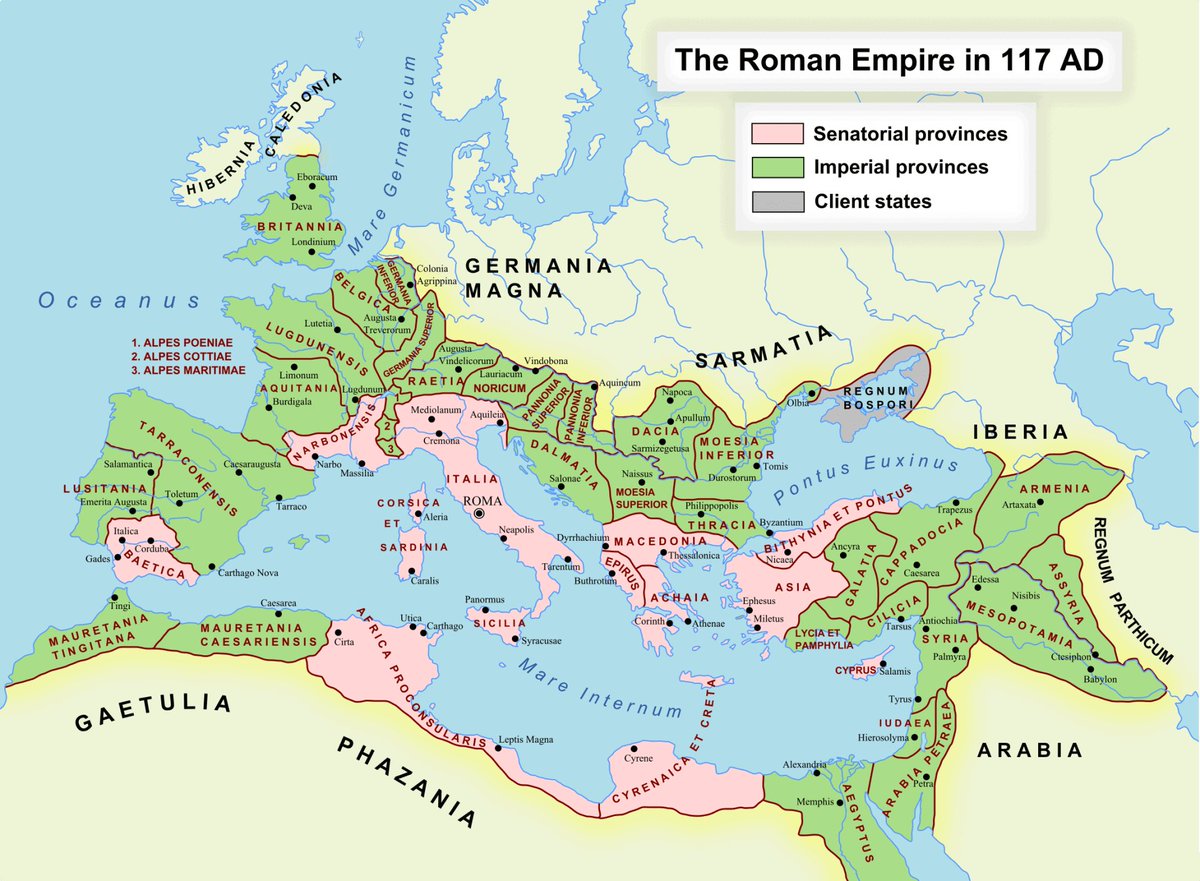
There is, however, another, less obvious aspect of this problem.
Russian elections do not attract much global attention. But Russian coups, or coup attempts actually do
Russian elections do not attract much global attention. But Russian coups, or coup attempts actually do
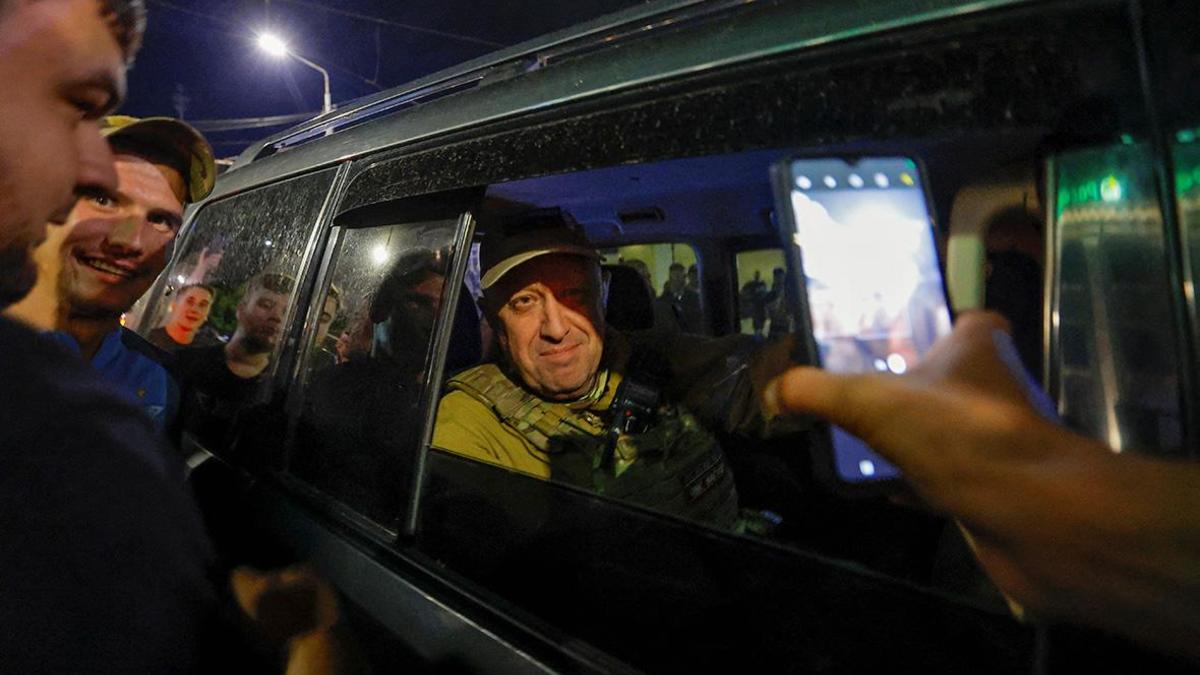
In June 2023, half of the internet was monitoring the course of Prigozhin’s march, and debating its nuances as fervently, as they were now debating nuances of the American electoral campaign. 
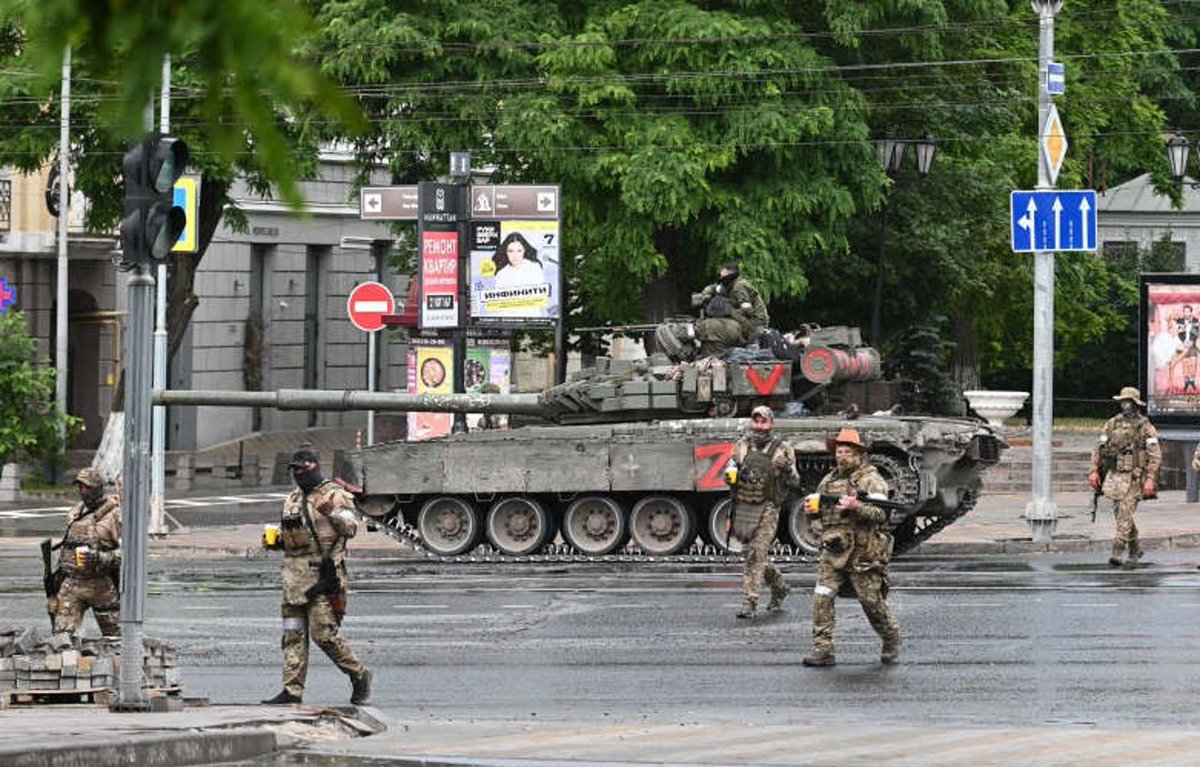
So, it is not that the world does not really care over who rules in Kremlin. It actually does. A potential transition of power in Moscow might be consequential, and, therefore, interesting. It is that nobody believes this could happen as a result of election. 
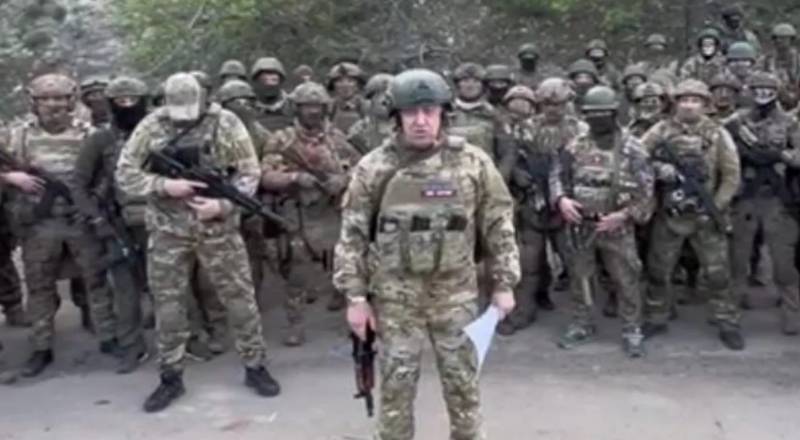
I believe this comparison may help us to understand why people care about the US elections (or any elections) at all. We care about the elections only to the extent they serve as a substitute and an alternative for the civil war. 
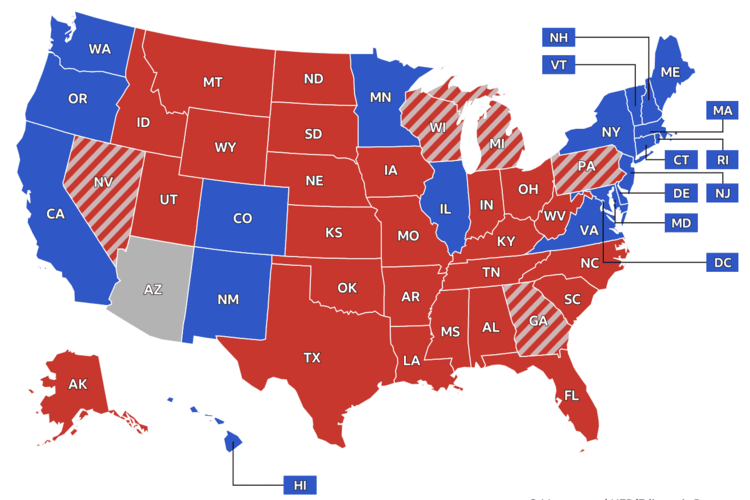
Under the normal conditions, transition of power does often take an armed insurrection.
You mobilise your supporters, you charge, you brute force your way to the capital and to the high office.
Now you are the boss.
You mobilise your supporters, you charge, you brute force your way to the capital and to the high office.
Now you are the boss.
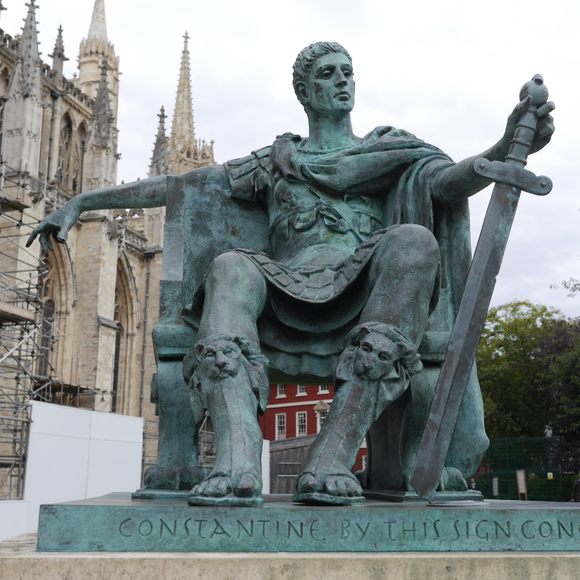
Or you may not go that far. You may not even want to go that far. Many insurrectionists do not aim to replace the supreme power. What they aim for is negotiating with it. Make your demands, back up your claim, extract the concessions.
The armed rebellion is the way to get heard
The armed rebellion is the way to get heard
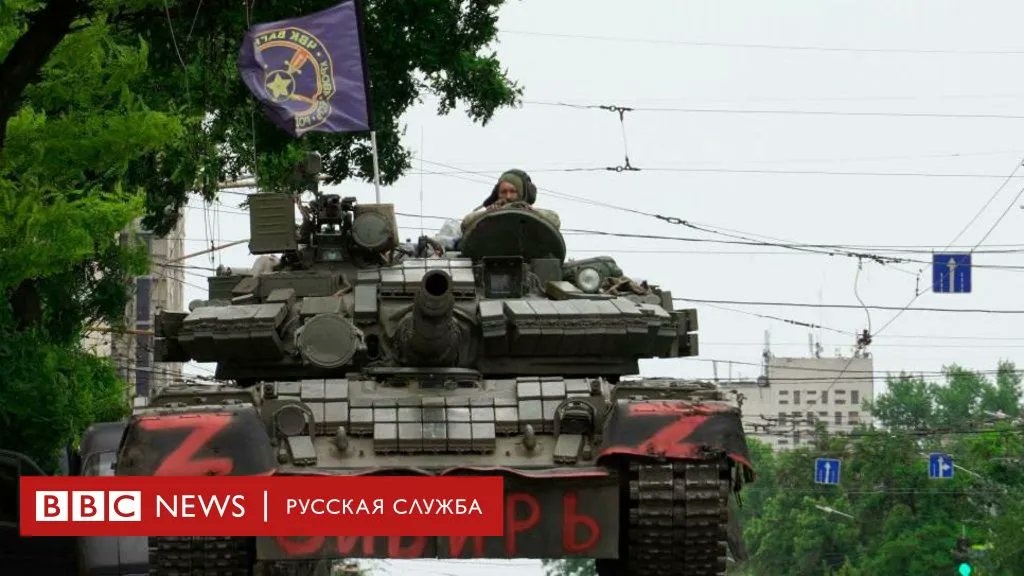
It goes without saying that many attempts to get heard result in a full scale war, without even an intention of doing so. They did not want to fight, they just wanted to bargain. And yet, they could not find another way to open negotiations without taking arms.
Many such cases.
Many such cases.
Elections do not really serve as an expression of the people's choice or of the popular will (I always found it to be more of a rhetorical construct, and saw it as a category of political theology rather than that of the political mechanics)
What they serve for is being a a substitute for the armed insurrection
Elections is how you fight a civil war without bloodshed
And that is the sole reason why you should care about the elections in the first place
Elections is how you fight a civil war without bloodshed
And that is the sole reason why you should care about the elections in the first place
• • •
Missing some Tweet in this thread? You can try to
force a refresh





